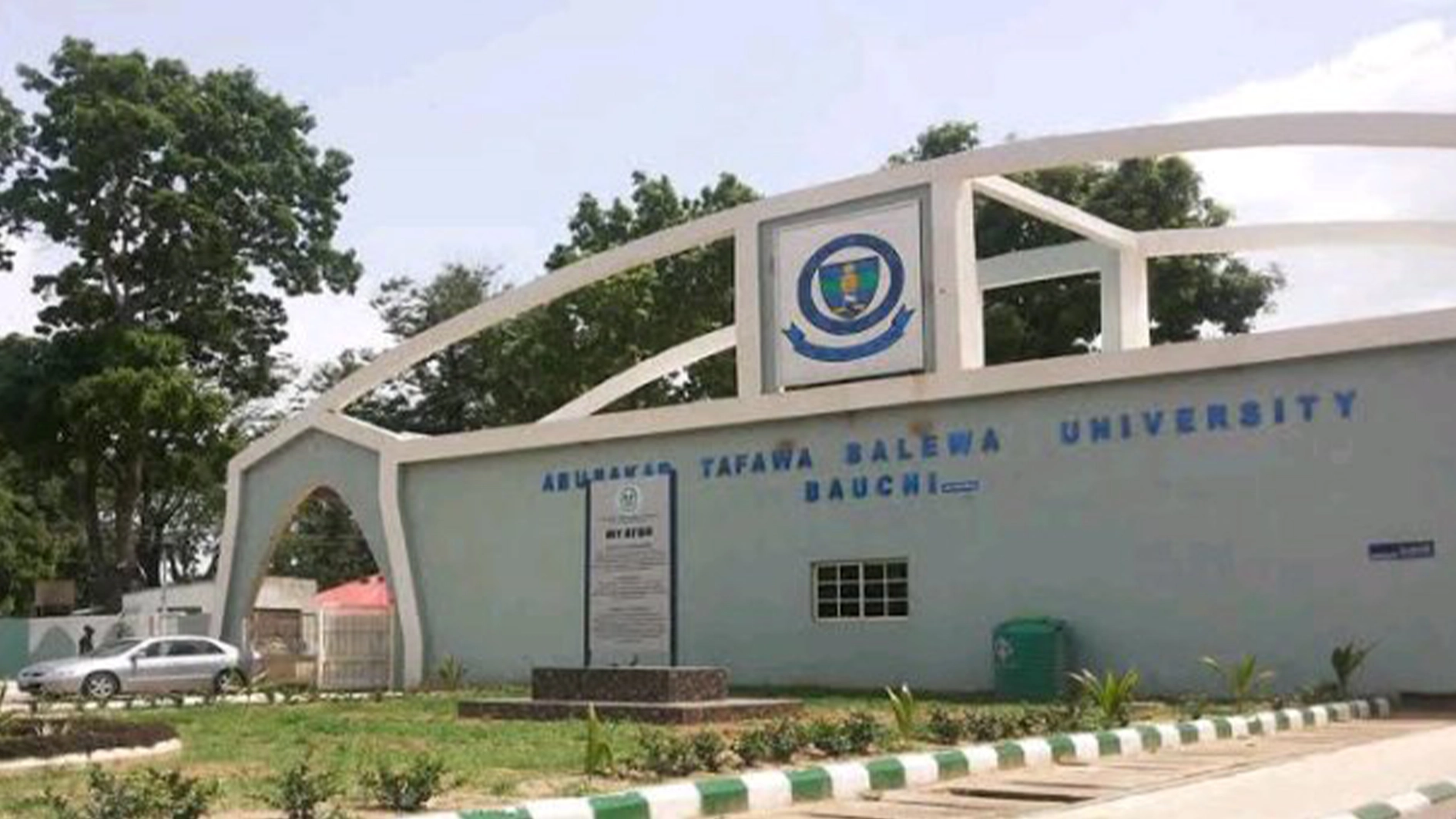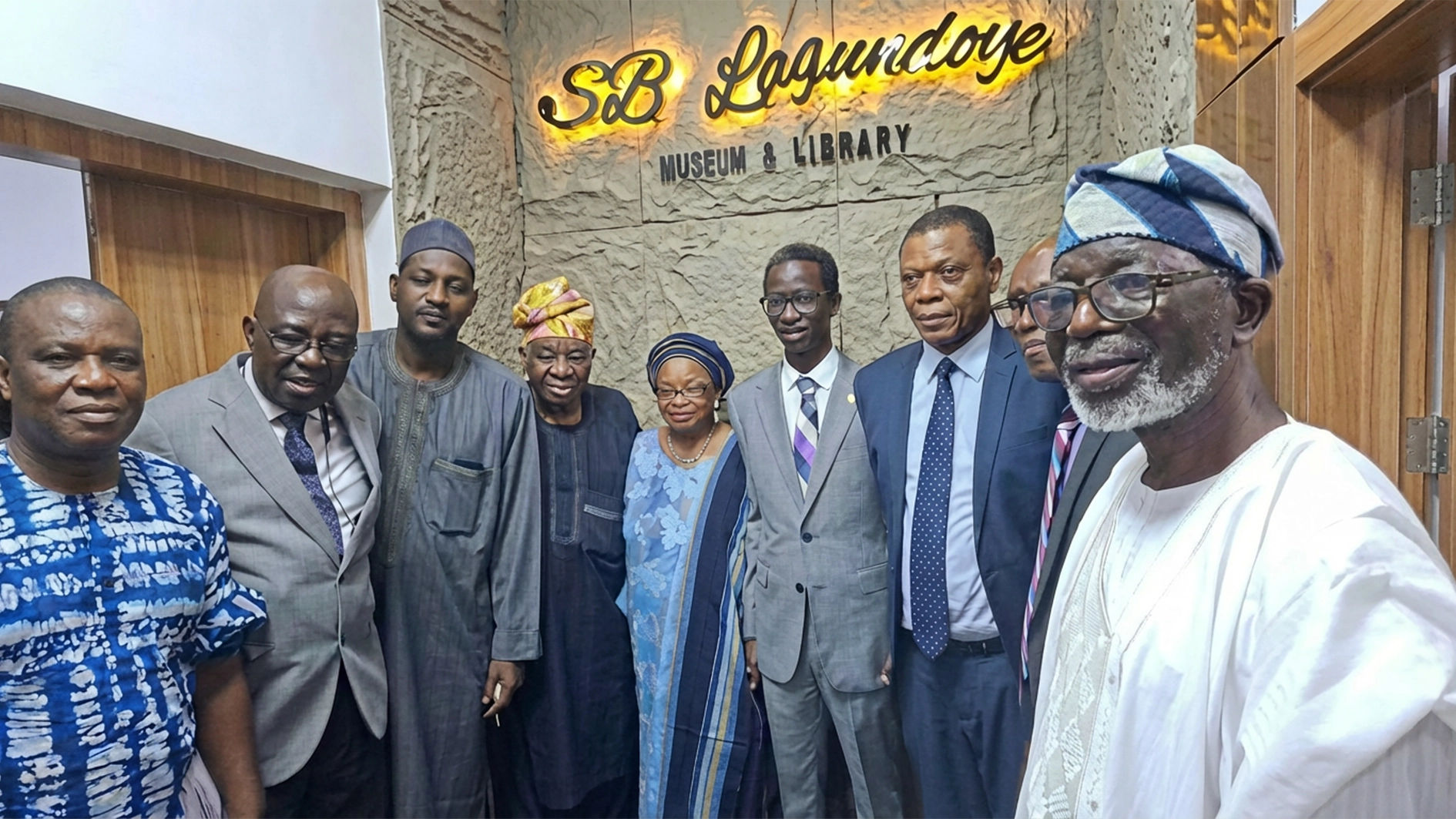
There are concerns about proliferation of universities, especially when existing ones are not well funded. Even some private universities do not have enough students to keep things going, yet more are being licensed. What is your take on this?
Given the current trajectory, Nigeria is going to be the fourth largest country in the world in the next 25 years. Right now, we have one of the highest youth populations. The children being born must go to school, when it comes to education, you don’t wait until the need arises before you put necessary machinery in motion.
The impression one will have is that there are too many private universities, however, any of them that is not good enough will eventually crash, while the strong ones will survive.
Besides, government must ensure that the sanctity of the accreditation exercise is maintained from time to time to measure quality. It must not go below standards. If standards are maintained, then, there won’t be anything to worry about.
What about public universities?
I believe the government has no business establishing more public institutions when existing ones are not well-funded. For instance, University of Ibadan (UI) for many months, has been struggling with electricity, It can’t even afford to pay its bills under the new Band A tariff. So, if government is unable to fund existing universities, why set up more?
There is no state in Nigeria that doesn’t have a federal university. Why is government adding more when existing ones are not doing well?
In the last two years, over 25 polytechnics and Colleges of Education have been converted to universities, raising fears over the future of technical education in the country. What do you think about this?
Incidentally, I was part of those who rose against it when the idea was mooted some years ago. The engineering body is a family which works in synergy and sequentially. To carry out any engineering project, you need the engineer, who must have bagged a first degree in engineering; you need technologists who are Higher National Diploma (HND) products; you need technicians who are National Diploma (ND) holders and you need craftsmen.
Today, many projects have issues because there are very few craftsmen; no technicians and there are no enough technologists. It’s supposed to be a pyramid, where at the base, you have many craftsmen, followed by technicians, technologists, and engineers.
For instance, for every engineer, you need about five technologists, 10 technicians, and 20 craftsmen. So, if we are producing more graduate engineers, then, we are turning the pyramid upside down, it can’t stand.A pyramid that is turned upside down can’t work, and we are already seeing the effects of this act.
Even when people get their degrees, they would still go and learn a trade to become technicians or craftsmen. It’s a waste of time.
Have you made any submission to the government in this regard?
Yes, we did. I was Chairman of Nigerian Society of Engineers (NSE), Ibadan branch, between 2010 and 2020. We wrote the government to oppose this and why the pyramid should not be upturned.
The problem in Nigeria is that we don’t respect people. I should not be respected because of my title or position, they should respect me as a human being, irrespective of the job I do.
I was in the United Kingdom 21 years ago, and they had debates on the radio. As at that time, the question was about the percentage of the British youths that should actually attend the university, and they said it should be less than 50 per cent. This is because the economy is run by other categories of people who are not graduates.
With their first degrees, how many jobs can we offer them? But craftsmen will always be needed. We always need shoe makers, tailors, plumbers, gardeners and other artisans. Those are the ones that drive the economy. Today, less than 50 per cent of American and British youths attend university. But in Nigeria, we have turned it upside down, that is why a lot of people are jobless. No doubt, they have the degrees, but where are the jobs?
How do think we can address the craze for certificates by Nigerians?
We are crazy for certificates and degrees because we like titles, parents should also be blamed for contributing to it. Every parent wants his or her ward to attend a university, which was not the case in the 1960s.
During tis period, people would do their City and Guilds Certificate examination and become technicians, and others. They were proud of their jobs, and contributed to the development of the economy and society at large.
The structures they built many years ago are still standing. Unfortunately, we have lost our tracks. We should retrace our steps, encourage vocational education, and respect people for who they are, not because of what they do.
The debate on HND/B.Sc. dichotomy has refused to stop. How best do you think this can be tackled?
It shouldn’t be an issue, but we have made it one. The two programmes are not the same. Starting from admission requirements, focus, academic rigour, and curriculum, they are not the same.
The first error is to assume they are at par. They are not. But each one has a unique contribution to make and should be treated with respect and dignity.
Higher National Diploma (HND) graduates have their relevance, and nobody else can take their positions. They can aspire to move from one level to another level and should be given the needed respect.
The Federal Government recently mooted the idea of changing the current system of 6-3-3-4 to 12-3-4. What do you make of this proposal?
We are just wasting our time with this. Did we implement the 6-3-3-4 according to the plan? The answer is no. The original idea behind the 6- 3-3-4 is for someone to spend six years in primary school, then the three years of junior secondary school is to help assess whether he or she is good academically to proceed to university or pursue technical trade.
Up till date, are facilities provided for vocational training where these people that would exit after three years in secondary school are supposed to go? We never did it.
I can recollect that the first set of the 6-3-3-4 system graduated in 1990. At the take-off of the initiative, they brought a lot of technical equipment to schools where there were no workshops. So, a lot of those things were left outside, stolen, while some rot away. That was the end of it.
So, we didn’t fully implement the 6-3-3-4 system. Why are we now talking about the new system? We have a lot of very nice policies on paper, but implementation is our problem. So, if we implement the 6-3-3-4 system well, there is no point introducing another one.
How has it been running a faith-based university like Dominion?
It has been interesting and challenging, because it’s a new university and there are all kinds of pioneering challenges.
The university is just six years old, and I came on board almost four years now. The university was a little over one year when I came in. There are challenges, but our Chancellor, Bishop Taiwo Adelakun is committed to the project and has been our support system. He ensured that the university started smoothly, it is the commitment from all sides – spiritually, financially, and morally.






